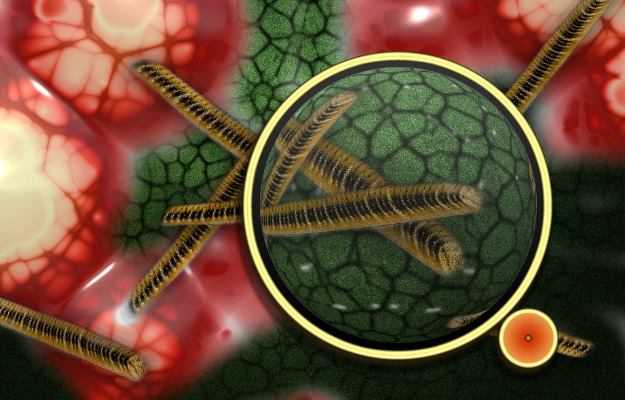What is yaws?
Yaws is an infectious disease caused by the bacteria Treponema pertenue. It is a disease that affects the skin, bone, and joints and shows symptoms years after the initial outbreak. The risk of yaws is higher in tropical weather than in dry weather. The bacteria enter the body through the skin. The bacterium that causes yaws resembles the bacterium that causes syphilis; however, yaws is not sexually transmitted but spreads through contact with an infected person.
What are its main signs and symptoms?
A sore appears in the area of the skin through which the bacterium enters. It is generally painless, and the individual may experience itching. Many sores develop prior to or post the healing of this mother sore. The other common signs and symptoms of early yaws are:
- Pain in bone
- Swollen bones and fingers
- Scarring of the skin
- Lesions with ulcers and painful cracks
If not treated appropriately in the early stage, the sores can severely affect the structure and function of the bone at a later stage.
What are the main causes?
Yaws is caused by a spiral-shaped bacterium called Treponema pertenue, which is transmitted from an infected to a healthy individual through direct skin contact. Rarely, the bite of an insect infected with the bacterium may also cause this condition.
How is it diagnosed and treated?
The diagnosis generally involves a physical examination, after which the doctor recommends various test to confirm the diagnosis. Microscopic observations of the tissues of the affected skin and lesions are useful to diagnose the condition in stage 1. VDRL test and treponemal antibodies tests are helpful in diagnosing stage 3.
The doctors generally recommend the following medications:
- Oral azithromycin 30 mg/kg is an approved therapy for yaws by World Health Organization’s "Yaws Eradication Strategy."
- Intramuscular benzathine penicillin is given to individuals nonresponsive to azithromycin
The doctor monitors the individual four weeks after the antibiotic therapy to check for a complete cure. Relapse of yaws is rare.
















